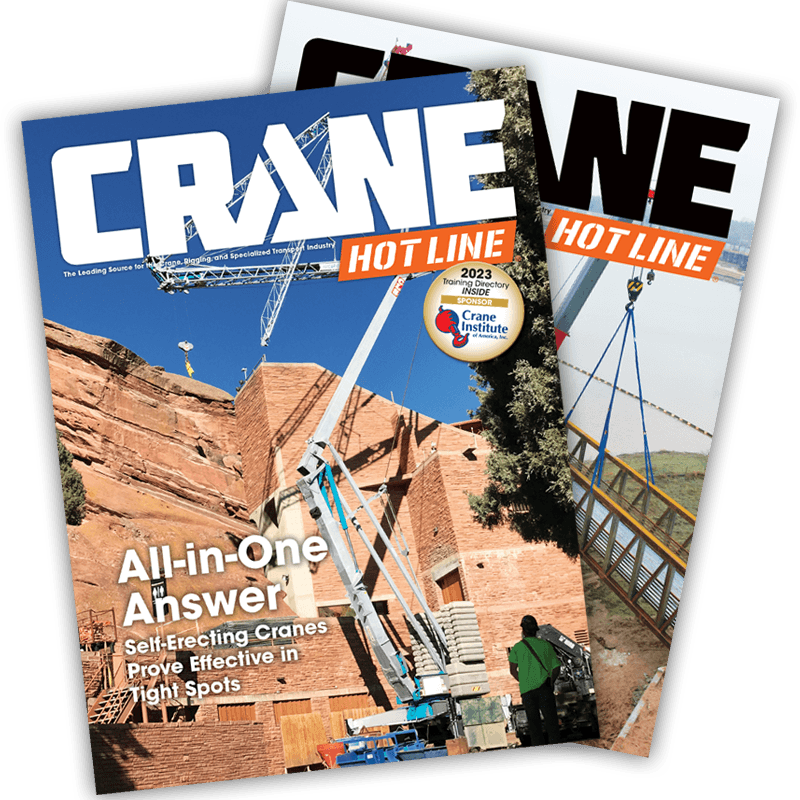Improving Mast Climber Safety
In the wake of an accident in April of this year, which tragically resulted in the deaths of three people, the City of

Kevin O-Shea
July 26, 2006 -- In Europe, where MCWP use is more tightly regulated than in
One of the key factors, and the critical safety component in supplying MCWPs or any other piece of equipment to a job site, is the qualifications, experience and training of the ‘responsible person' for both the equipment supplier and equipment user.
The ‘supplier responsible person' has the total overview of the product's use, and therefore has to be independently verified as qualified to perform this task. He/she must analyze all of the risk in the project and negate it by good planning, attention to detail, training, method statement preparation, organization, adherence to standards, and effective liaison.
The ‘user responsible person' must discharge his/her duties, subsequent to having been suitably trained to do so. These duties include preventing unauthorized use of the MCWPs, daily and weekly inspections, reporting of faults, concerns or incidents, and ensuring that the safe use and duty of care responsibilities of the user are met.
If both these individuals do their jobs properly, and are properly trained and independently assessed, MCWPs can be used safely and effectively on the jobsite. Analysis of data from other countries where MCWP use is far greater than in
Three points that need to be addressed:
1. Although a design standard for Mast Climbers is currently being re-drafted, there is no specific regulation for “Installation, Maintenance, Thorough Examination and Safe Use” as there is in
2. There is no independent assessment, policing and verification of operator skills.
3. There is a lack of accountability throughout the supply chain.
In analyzing potential causes of MCWP incidents around the world over the last ten years, most probably could not have been prevented by inspection. Human error during use, erection/dismantle and risk assessment is a far more likely cause. Only through proper training can most accidents be avoided.
In
In
As demonstrated by the interest shown at the conference recently held by the Massachusetts AGC, there is a definite need to develop a recognized MCWP training program with verified documentation of training in


